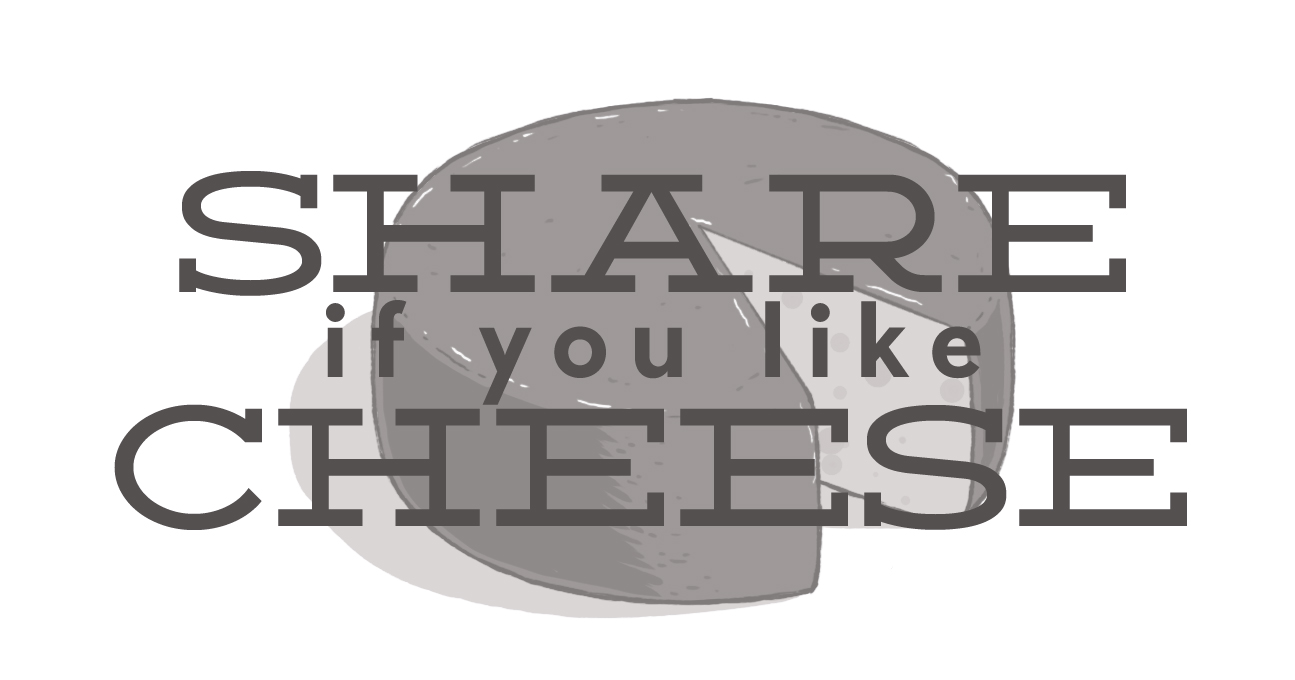Don't Just Aggregate, Curate and Add Value

I was reading a few blog posts recently and something struck me as odd. I couldn't put my finger on why they rubbed me the wrong way. I mean, they were lists of links to other sites and articles, presented to me to read. It was simple, inoffensive, and presented with little fanfare.
And that was it.
There was nothing about these posts that added value. There was nothing that allowed me to understand why the aggregators were presenting these links other than, "Here you go. I read these, you should too."
And that's what bothered me. Because, other than self-gratification there's really little value in presenting a list of external links or a list of books that you've read about a topic. Instead, what I want to know -- and what I think every self-professed content curator should be striving for -- is the opportunity to explain the greater value and insight that each of these items offer.
I want you to distill what you've learned from these external resources and show me how you've applied them to real-world experiences. I'd rather read your thoughts and experiences on a subject and then I'll peruse a list of "for more information"-type of links.
Content curation isn't an end in and of itself. It can work for content aggregator sites that simply want to deal with site traffic, but on a blog, or in any commentary section where you're trying to establish yourself as a thought leader with a modicum of expertise, you need to do more than curate.
You have to create. You have to add value. Otherwise, your readers will simply go to people who are.
When I see a post that's merely a list of external resources with little to no additional commentary, my thought is, "Why should I read you? I might as well just go straight to the source." Why? Because what's unique is not the education you receive, but rather how you distill that information and apply the learning to real life.
After all, schools pump out thousands of graduates each year, all who have digested the same curriculum content. What sets people apart is the practical application and interpretation of that information. It's not just curating it -- it's adding value.
Sure, if all you want is clicks, then aggregation can work. But for most people in business or who want to be thought leaders, it's important to not just count clicks, but to make those clicks count. Your expertise is determined by the value you add to a discussion. It's your discussion and interpretation that matters. And it doesn't have to be all that serious.
A couple of years ago, I wrote a list of restaurants that people attending a convention in Montreal should eat at. (I really could update this with another half-dozen amazing places I've recently found...) I could have simply gone to a Yelp-type site and scraped the top five listed, but that's not really valuable. What I brought to that post was years of living and eating in Montreal. They may not have been the "best" restaurants as defined by a magazine, but they are locations that I have personal, positive experiences with, and that hold a certain meaning to me. I am the added value of that and I was not just aggregating a list, but rather curating a list with additional, experiential commentary.
After all, to paraphrase a common idiom, give a person a listicle of other sites talking about the best fishing holes and they'll go to those sites as their primary source of information in the future; teach a person a unique and effective way to fish based on your experience, and they'll value your content for life.
You are the value. Share it.
How do I curate content?
SUBSCRIBE TO OUR E-NEWSLETTER
 Subscribe
Subscribe


